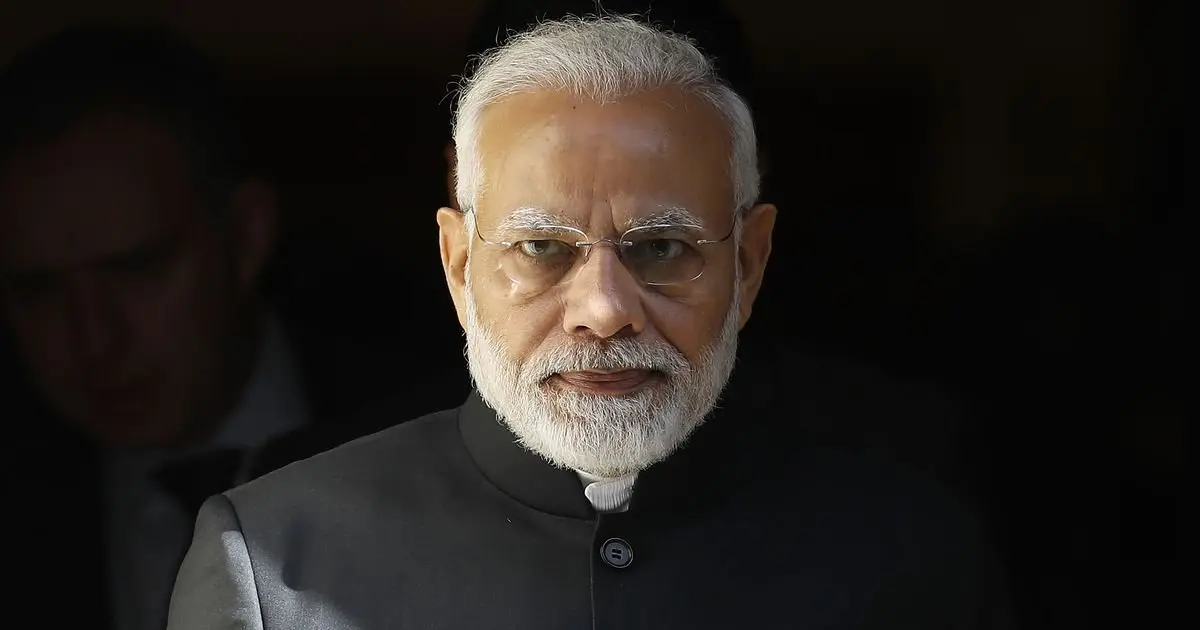
This diplomatic standoff is not just about oil, it’s about sovereignty
A Diplomatic Flashpoint: Oil, War, and Sovereignty
India’s Bold Response to US – In a dramatic escalation of tensions between two global powers, India has issued a firm and unapologetic rebuttal to mounting pressure from the United States over its continued import of Russian oil. The controversy erupted after US President Donald Trump accused India of “bankrolling Russia’s war in Ukraine” and threatened punitive tariffs unless New Delhi halted its energy ties with Moscow.
India’s Ministry of External Affairs responded with rare candour, calling the accusations “unjustified and unreasonable”. The statement emphasized that India’s oil imports are driven by economic necessity and strategic autonomy not geopolitical coercion. Officials pointed out that traditional suppliers had diverted their exports to Europe following the Ukraine conflict, leaving India with limited options.
This diplomatic standoff is not just about oil, it’s about sovereignty, global alliances, and the shifting balance of power in a multipolar world.
The Energy Equation: Why Russian Oil Matters to India
India’s energy needs are vast and growing. As one of the world’s largest oil importers, the country relies heavily on affordable crude to sustain its economy and meet the demands of its 1.4 billion citizens. Russian oil, offered at discounted rates amid Western sanctions, has become a vital lifeline.
According to government sources, Russian crude now accounts for nearly one-third of India’s total oil imports. This shift was not ideological, it was pragmatic. With global prices soaring and traditional suppliers redirecting shipments to Europe, India turned to Russia to ensure energy security.
Ironically, US officials had initially encouraged India’s purchases from Russia during the early stages of the Ukraine war, viewing it as a stabilizing force in global markets. Now, the narrative has flipped, with Trump accusing India of profiteering and undermining Western efforts to isolate Moscow.
India’s response has been unequivocal: it will not compromise its national interests to appease foreign powers.
Truce Lies and Tariff Threats: The Political Undercurrents
The oil dispute is just one layer of a broader diplomatic rift. Trump’s recent claims that he brokered a ceasefire between India and Pakistan during a flare-up in May were publicly dismissed by New Delhi as “false and misleading”. Parliament confirmed that no such intervention occurred, and no phone call between Prime Minister Modi and Trump took place.
This rare public rebuttal signalled a shift in tone, India is no longer willing to let political grandstanding go unchecked. The Modi government has made it clear that it values diplomacy and dialogue, but it will not be dictated to.
Trump’s threats to impose a 25% tariff on Indian goods starting August 7 have further strained relations. His suggestion that India consider buying oil from Pakistan, a country with whom India shares a fraught history—was seen as provocative and tone-deaf.
New Delhi is also wary of Trump’s warming ties with Islamabad, including new deals on energy, cryptocurrency, and resource mining. These developments have added fuel to the fire, prompting India to assert its strategic independence more forcefully than ever.
Strategic Autonomy in a Multipolar World
India’s stance on Russian oil is emblematic of its broader foreign policy doctrine: strategic autonomy. Unlike Cold War-era alignments, India today seeks to balance relationships with multiple powers Russia, the US, the EU, and regional neighbours, without becoming beholden to any.
Throughout the Ukraine conflict, India has maintained a non-aligned position, refusing to condemn Russia outright while continuing to engage with Western nations on trade, defense, and technology. This nuanced approach reflects India’s desire to chart its own course in a complex global landscape.
The current standoff with the US underscores the challenges of this balancing act. While India values its partnership with Washington, it will not sacrifice its economic interests or diplomatic principles under pressure.
As External Affairs Minister S. Jaishankar put it, “India will do what is necessary to safeguard its national interests and economic security”.
Wall Street Meltdown by USD 1 Trillion: Tariffs, Tech Turmoil, and Job Jitters Shake Global Markets
Trump Oil Diplomacy: A New Axis of Energy and Trade in South Asia
How EU’s Aggressive Crackdown on Russian Oil Sends Shockwaves Through India’s Energy Landscape
Tariff Tremors-Global Trade Turmoil: Trump’s 30% Blow to EU and Mexico
3 thoughts on “Strategic Autonomy or Defiance? India’s Bold Response to US Pressure Over Russian Oil”
Comments are closed.